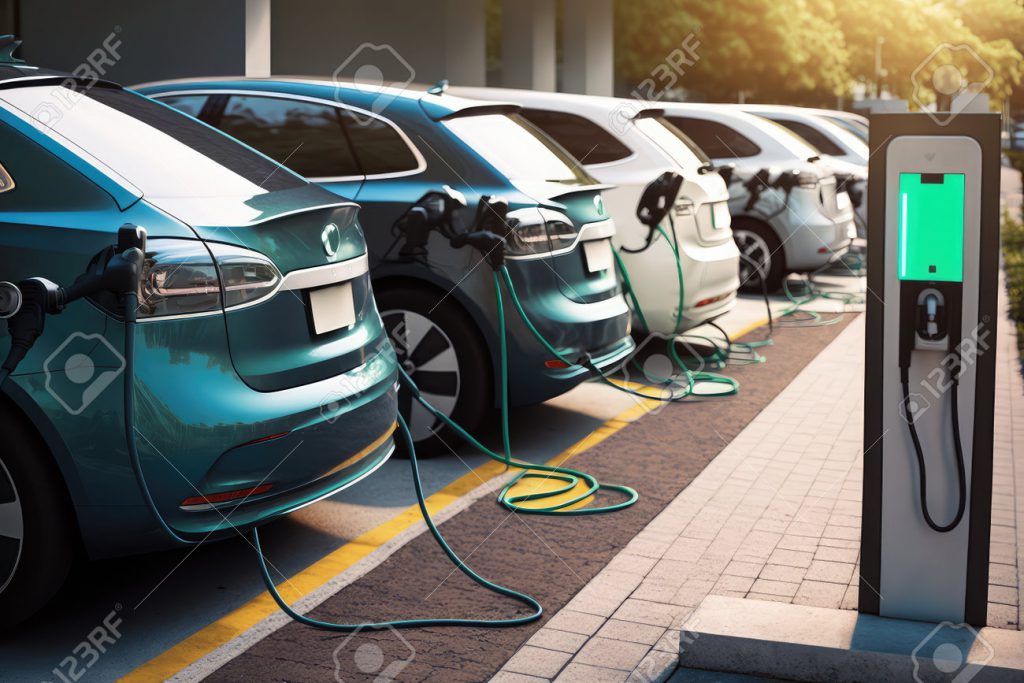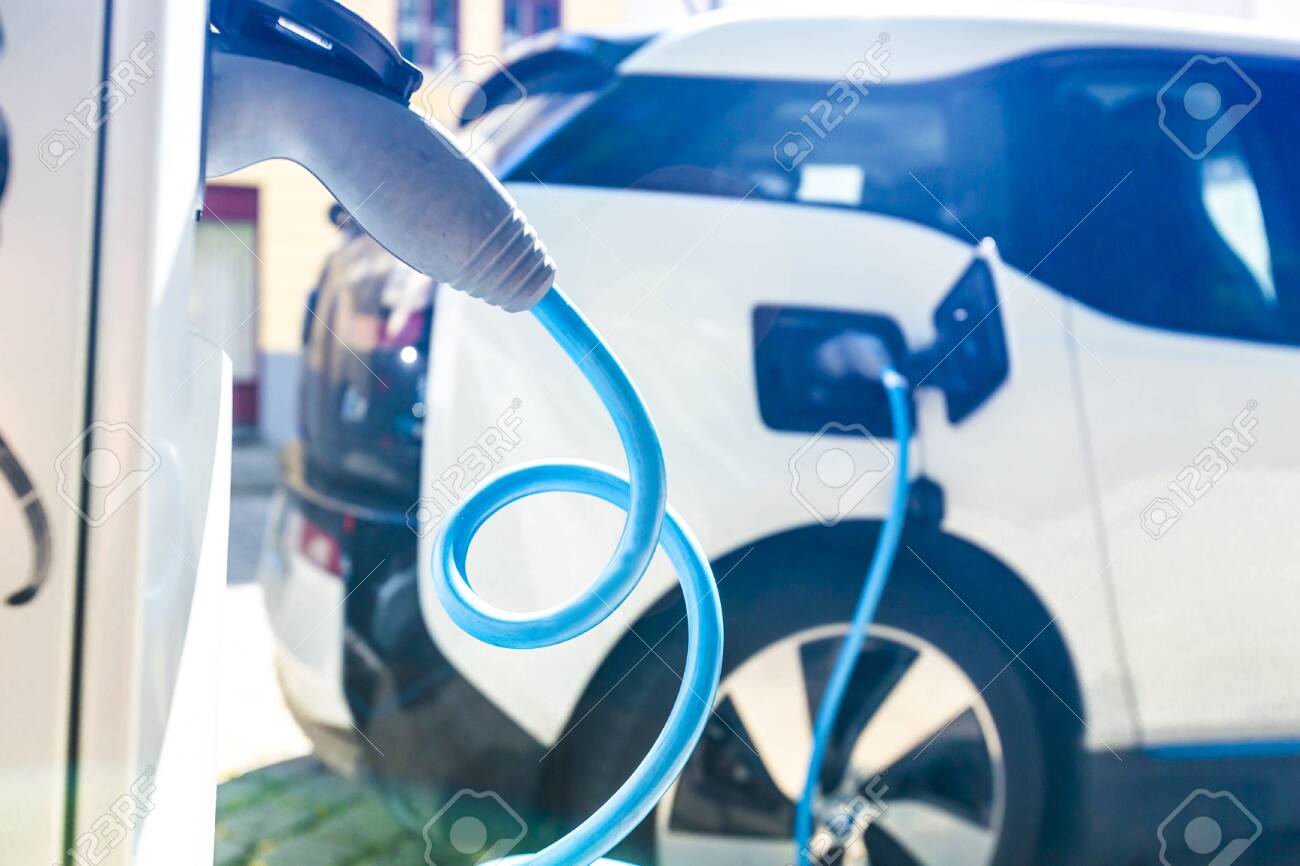The future of electric vehicles is here, and the charging infrastructure for these vehicles is evolving rapidly. In order to make electric vehicles a viable option for everyone, there needs to be a robust charging infrastructure in place to support them. There are many factors to consider when looking at the future of charging infrastructure for electric vehicles, including the types of chargers available, the locations of these charging stations, and the cost associated with using them. By understanding the current landscape and predicting what the future may hold, we can ensure that electric vehicles become a viable option for everyone.
Factors Driving the Need for a More Advanced Charging Infrastructure
As the electric vehicle (EV) market continues to grow, the need for a more advanced charging infrastructure is becoming increasingly important. This is due to the fact that charging an EV requires more power than what is needed for a traditional gas-powered car. EV owners need more reliable and faster charging options in order to keep their vehicles powered up. Additionally, the need for a more advanced charging infrastructure is driven by the need for more convenience. EV owners need access to charging stations that are close to their homes or workplaces so that they can easily charge their vehicles.
In order to meet this need, governments and companies around the world are investing heavily in building out the necessary infrastructure. This includes installing charging stations at public locations, such as shopping centers and parking lots, as well as installing charging points at private residences. Additionally, many companies are investing in the development of wireless charging systems, which allow EV owners to charge their vehicles without having to plug in a cable.
The development of a more advanced charging infrastructure is essential for the continued growth of the EV market. By providing EV owners with access to reliable and convenient charging options, we can ensure that EVs become an increasingly popular choice for transportation.
Current Status and Challenges Facing the Electric Vehicle Charging Infrastructure

The electric vehicle (EV) charging infrastructure is an essential part of the transition to a sustainable transport system. EVs are becoming increasingly popular and the need for public charging points is growing. However, the current EV charging infrastructure faces several challenges.
One challenge is the lack of public charging points. While there are many private charging points, the availability of public charging points is still limited. This lack of public charging infrastructure reduces the appeal of electric vehicles and limits their potential for widespread use.
Another challenge is the cost of installation and operation of EV charging points. The cost of installation and operation of charging points is much higher than conventional fuelling systems, which makes it difficult for governments and businesses to invest in such infrastructure.
Finally, there are still technical and regulatory issues that need to be addressed. The current charging infrastructure is not yet compatible with all types of EVs, and there is a lack of uniform regulations and standards for charging infrastructure across different countries.
These challenges must be addressed in order for the EV charging infrastructure to become viable. Governments and businesses should work together to ensure that the necessary infrastructure is in place and that it is accessible to all. This will enable the widespread adoption of electric vehicles and help to advance the transition to a more sustainable transport system.
Potential Solutions for Improving the Charging Infrastructure
The electric vehicle revolution is taking off, and the need for improved charging infrastructure has become increasingly clear. With more and more drivers choosing to switch to electric, the need for reliable and efficient charging solutions has become a priority. To ensure that electric vehicles remain a viable option for drivers, there are a few potential solutions to improve the charging infrastructure.
First, it is important to make sure that charging infrastructure is spread out enough to be convenient for drivers. Having charging stations located in convenient places, such as parking lots, public transit stations, and gas stations, will make it easier for drivers to access them. Furthermore, investing in fast-charging technology will help drivers charge their vehicles quickly and efficiently.
Second, it is also important to make sure charging infrastructure is affordable and accessible. Governments and private companies should work together to provide incentives and subsidies to make charging more affordable for drivers. Additionally, providing public charging infrastructure, such as in parks and public buildings, will help ensure that everyone has access to charging solutions.
Finally, it is important to invest in research and development to improve charging technology. This includes investing in new battery technologies, wireless charging, and other advancements that can make charging faster, more efficient, and more reliable.
By taking these steps, we can ensure that electric vehicles remain a viable option for drivers and that charging infrastructure is reliable and accessible. This will help accelerate the shift to electric vehicles and ensure that drivers have the charging solutions they need.
The future of charging infrastructure for electric vehicles looks very promising. With advances in technology and more countries placing an emphasis on green energy, the demand for charging infrastructure is only going to increase.
Governments and private companies are investing heavily in the development of charging infrastructure, and this investment is likely to pay off as electric vehicles become more commonplace. As the technology improves and charging infrastructure becomes more widely available, the number of electric vehicles on the road is expected to increase significantly. This is extremely beneficial for both the environment and our economy, as electric vehicles provide a much more sustainable and economic alternative to traditional petrol and diesel vehicles. Electric vehicles are here to stay, and the future of charging infrastructure looks bright.













